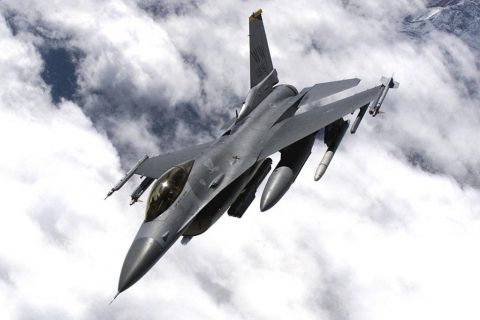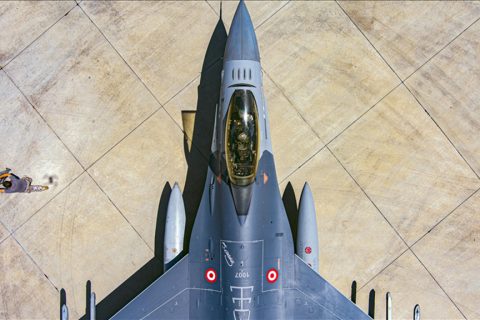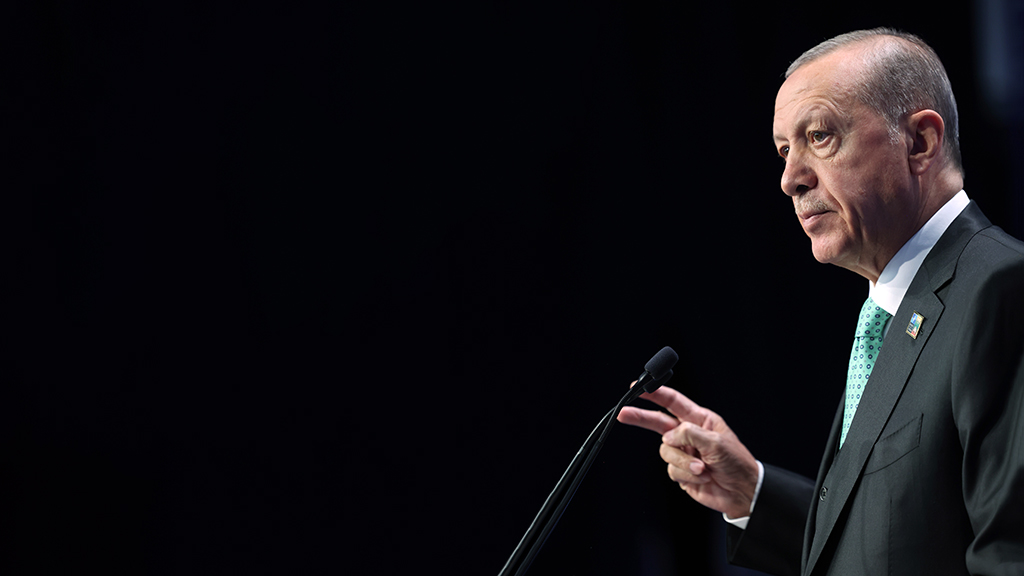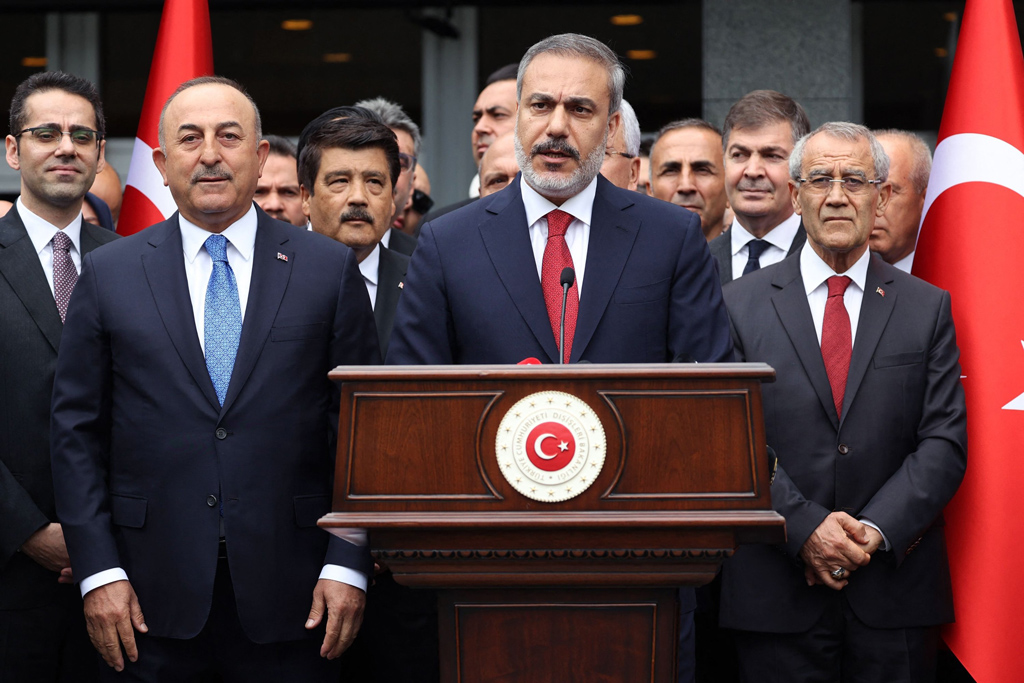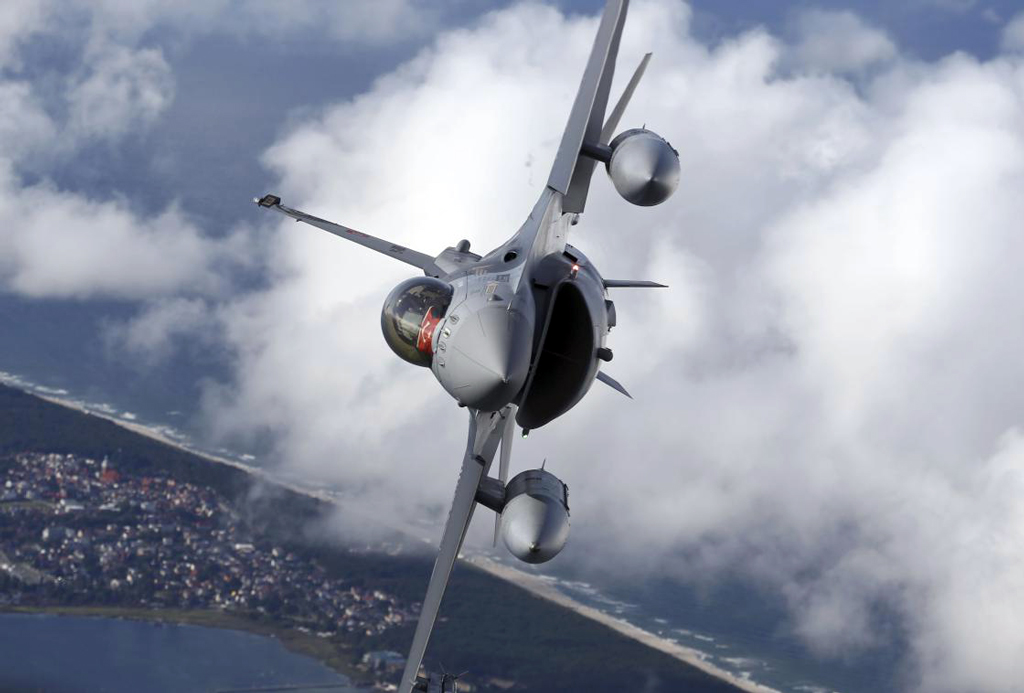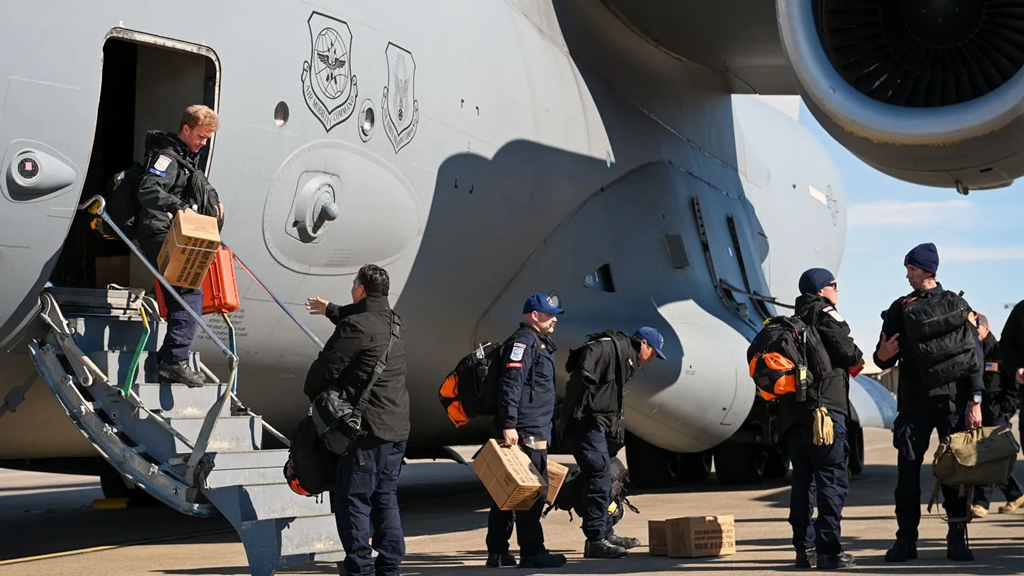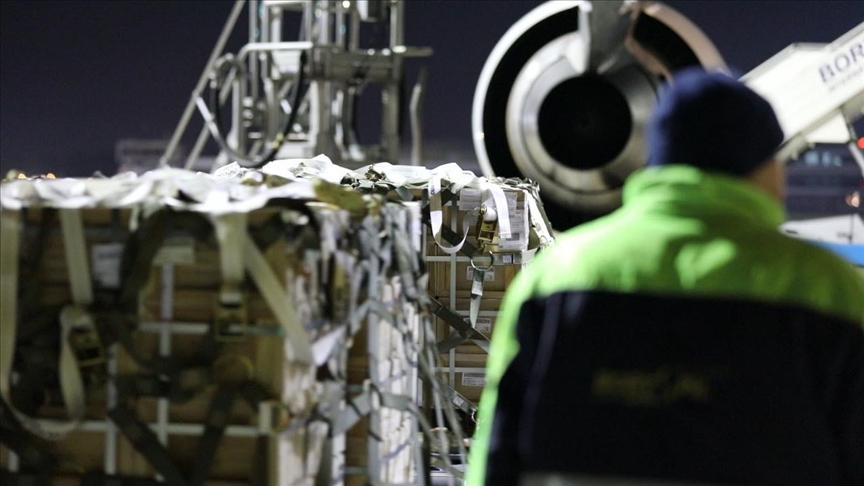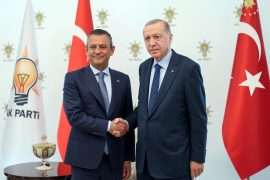Türkiye-NATO Relations
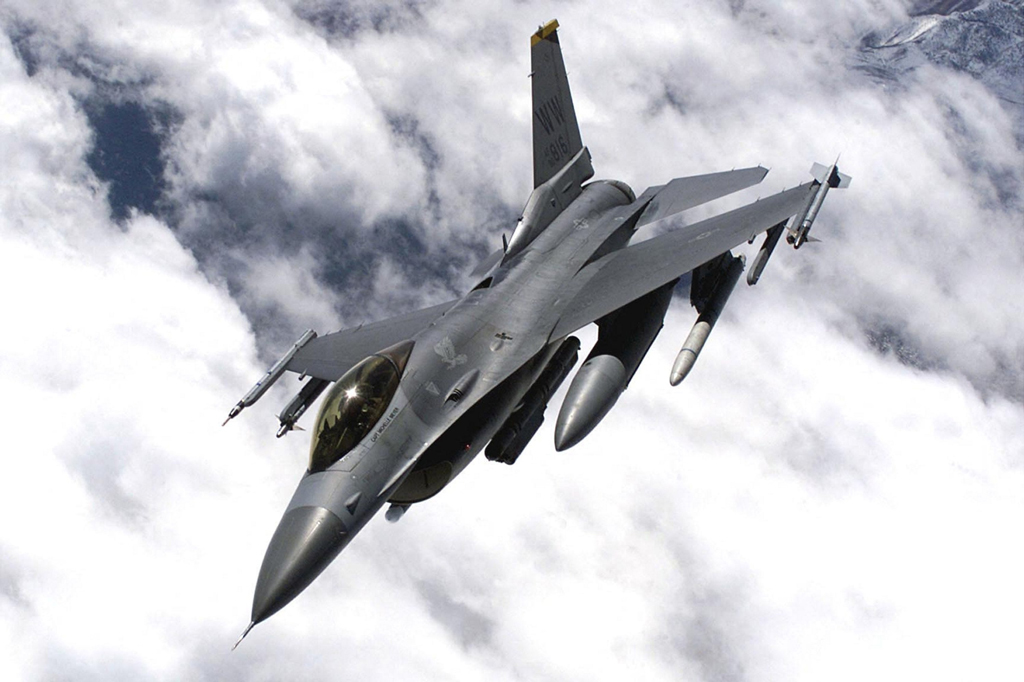
Can F-16 sales overcome Türkiye-US disputes?
| OpinionFollowing Türkiye’s ratification of Sweden’s NATO membership in the Turkish Parliament, the U.S. State Department notified …
-
Opinion
Can F-16 sales overcome Türkiye-US disputes?
By Murat YeşiltaşFollowing Türkiye’s ratification of Sweden’s NATO membership in the Turkish Parliament, the U.S. State Department notified Congress of a $23 billion (TL 698.52 billion) sale of fighter jets to Türkiye and an $8.6 billion sale of advanced F-35 fighter jets to Greece, another ally in the NATO. The sale to Türkiye includes 40 Lockheed Martin F-16s and equipment to modernize the existing fleet of 79 F-16s. Greece will receive 40 F-35 Lightning II Joint Strike Fighters and related equipment.
-
News
Turkish defense minister reaffirms commitment to revival of Black Sea Grain deal
By SETAThe Turkish national defense minister affirmed Wednesday the ongoing commitment of Türkiye to revitalize the Black Sea Grain deal.
-
Opinion
Türkiye expects concrete steps on F-16 sale: Defense Minister
By SETAThe Turkish national defense minister said Wednesday that Türkiye was monitoring the process of requesting the purchase of F-16 fighter jets from the United States, noting they were expecting to see concrete steps regarding the process "as soon as possible." Addressing negotiations with the U.S., Yaşar Güler urged the correction of attitudes and approaches that directly affect Türkiye's national security.
Bu Konuda Daha Fazla
-
What’s the motive behind Erdoğan’s remarks on EU membership?
By Burhanettin DuranPresident Recep Tayyip Erdoğan started a new debate ahead of this week’s NATO Summit in Vilnius, Lithuania. Commenting on Sweden’s bid to join the Alliance, he argued that the relevant countries should “clear Türkiye’s path to European Union (EU) membership.” That statement aligned perfectly well with the readout of Erdoğan’s most recent phone call with U.S. President Joe Biden.
-
Türkiye’s new foreign policy in the post-election era
By Burhanettin DuranTürkiye will preserve its “strategic autonomy” and redouble its efforts to promote normalization and stronger relations based on “mutual interests.”
-
3 Questions: Türkiye’s F-16 request to US
By Rıfat ÖncelWhy does Türkiye want to buy F-16V aircraft and modernization kits? Why are there problems in procuring these aircraft and modernization kits? How would a lack of US sales approval affect Turkish-US relations?
-
Türkiye quakes: The spirit of solidarity should continue
By Muhittin AtamanIn the aftermath of the twin quakes in Türkiye, we see that some states are trying to help beyond their capacities, while others are a little below par
-
The reconstruction phase will be a test of international...
By Kadir ÜstünAlthough Türkiye has had significant problems with NATO, the U.S., and the Western alliance in general in recent years, receiving serious humanitarian aid support during the 6 February earthquakes can be seen as a strong first step. However, the continuation of this and providing comprehensive and permanent support to Türkiye's rebuilding process, which may take at least a few years, will also be critical for the internal solidarity of the Western alliance. If Türkiye feels left alone in this matter in the medium and long term, it will be difficult to solve the priority problems in Turkish-American and Türkiye-Western relations. This will be a handicap in ensuring regional stability.
